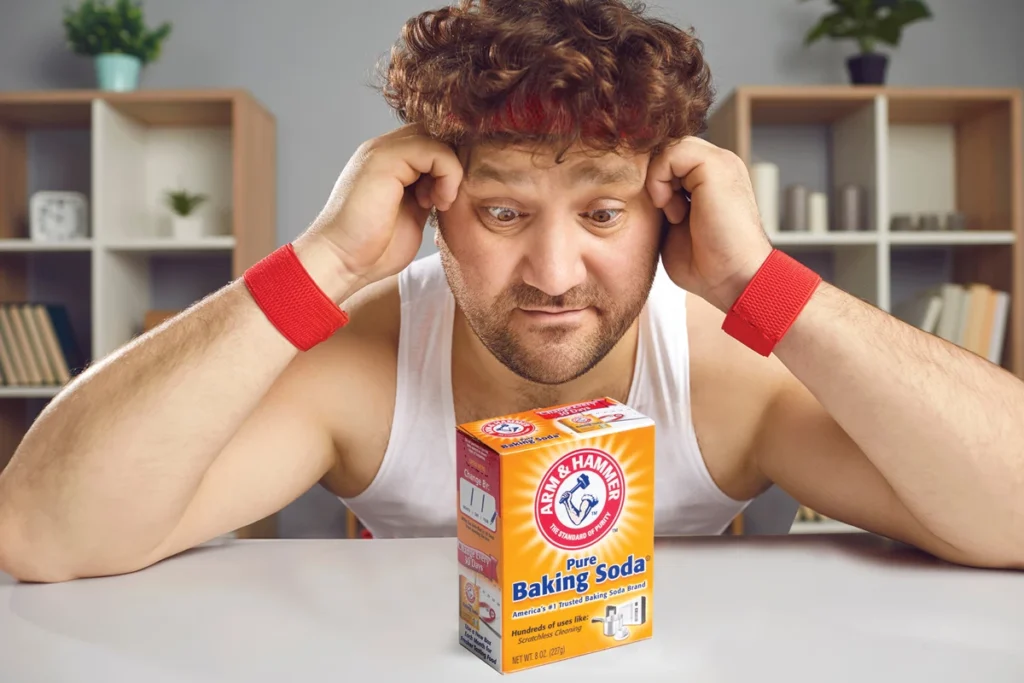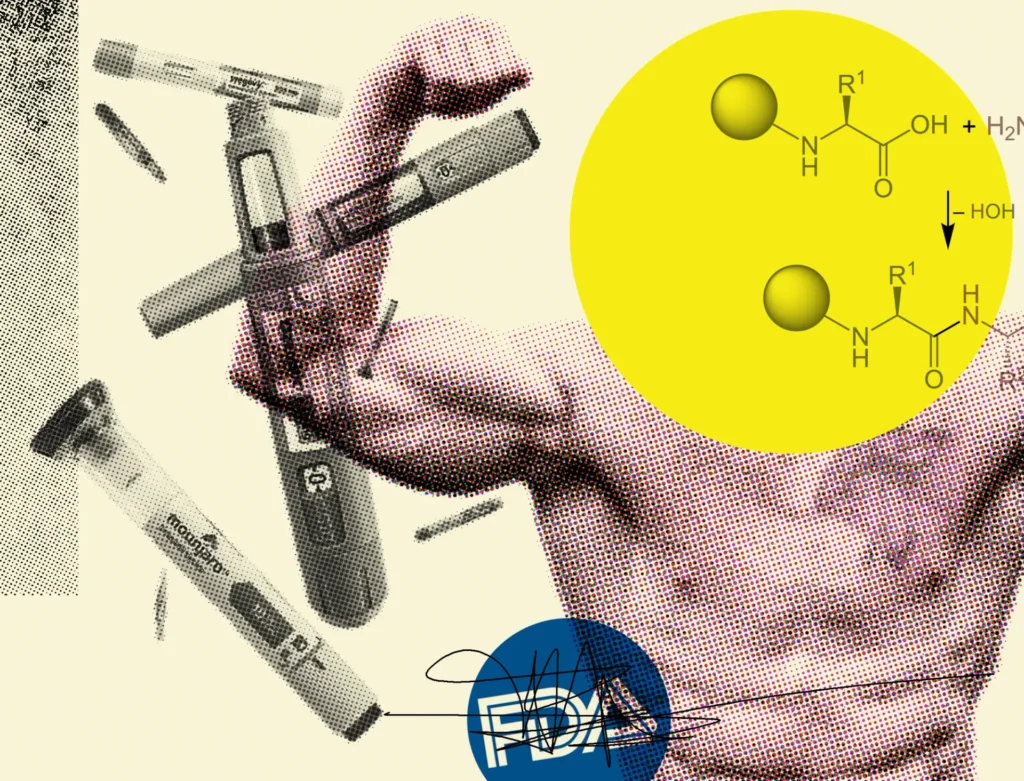Bicarbonate to boost performance and peptides to slow eating

For athletes, baking soda isn’t something to be thrown into a cake or forgotten in the back of the refrigerator. It’s an established aid for enhancing performance during exercise. Ingesting baking soda raises blood pH and readies the body to buffer the acidity that can build up within muscles during intense exercise. The supermarket staple is known to boost performance in events lasting less than 8 min or so across a range of sports (J. Int. Soc. Sports Nutr. 2022, DOI: 10.1186/s12970-021-00469-7). The 1% or better bump it can provide in anerobic performance is significant in elite competition.
That benefit comes at a price. It’s like powering a science fair volcano with stomach acid instead of vinegar. When the digestive system meets the baking soda, the carbon dioxide it liberates has to go somewhere. For many people, the bloating, belching, nausea, and worse that can happen after consumption are decidedly not performance enhancing, says Patrick Wilson, an exercise scientist at Old Dominion University.
The Bicarb System, a product released earlier this year by the Swedish company Maurten, is designed to provide the buffering benefits while avoiding unwanted digestive complications. The company’s formulation, which costs about $16 per serving, surrounds micropills made of baking soda with a slurpable hydrogel soup. This two-component approach helps the bicarbonate move through the stomach and into the intestine before it’s absorbed, alleviating the unpleasant side effects while preserving the punch of the active ingredient. The mixture is taken a couple of hours before a competition and may even assist with longer events—for example, during the sprint at the end of a multihour cycling race.
Maurten CEO Olof Sköld tells Newscripts that the product has had two clinical trials and that data will be presented in summer 2023. The gel is already used by top athletes, and Sköld expects plenty of cyclists to consume the concoction during the upcoming Tour de France. Some preliminary data suggest the buffering effects can last for hours.
Wilson—who was sipping from a water bottle loaded with baking soda in preparation for a 5 km running race when Newscripts reached him—says, “Almost any sports supplement, it’s very difficult to tell in an individual: Is it working?” There’s plenty of research demonstrating the performance benefits of bicarbonate, but did sipping on a slightly salty slurry help his own running speed? “I have no clue,” he says.
- Tags: Spring




